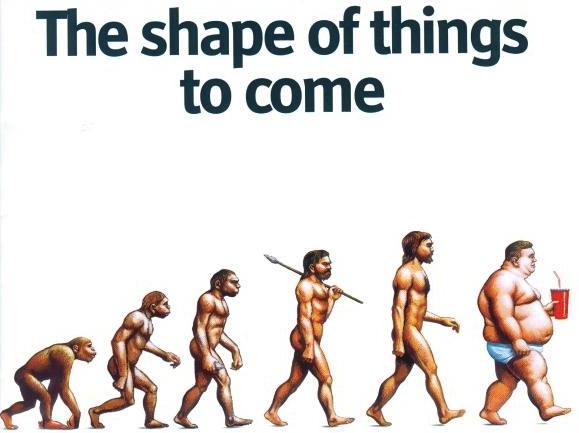As the childhood obesity epidemic continues to escalate, it raises significant concerns about the long-term implications for physical and psychological well-being. This complex issue is not just a personal health concern; it extends into broader societal and economic realms. By examining the multifaceted nature of obesity, we can better understand its potential effects on life expectancy, economic stability, and social dynamics in the coming decades.
- Immediate Health Consequences: The most apparent impact of childhood obesity is on physical health. Children with obesity face increased risks of developing serious medical conditions, such as type 2 diabetes, hypertension, and sleep apnea. These health issues can lead to a lower quality of life, as they often come with chronic pain, fatigue, and decreased mobility.
- Psychological Effects: Beyond physical health, childhood obesity can have profound psychological effects. Children who are overweight may experience bullying, social isolation, and low self-esteem, which can lead to anxiety and depression. The mental health implications of obesity can persist into adulthood, affecting individuals’ overall quality of life and ability to function in society.
- Impact on Life Expectancy: As obesity becomes more prevalent among younger populations, its implications for life expectancy cannot be overlooked. Studies suggest that children with obesity may face a shorter lifespan than their peers due to the increased risk of chronic diseases. This decline in life expectancy presents a troubling trend that could significantly alter future generations.
- Economic Consequences: The economic ramifications of childhood obesity are vast. Increased healthcare costs associated with treating obesity-related conditions can strain national healthcare systems and affect economic productivity. A workforce burdened by health issues related to obesity may lead to higher absenteeism and decreased productivity, ultimately impacting the economy as a whole.
The repercussions of childhood obesity extend beyond individual health and economic concerns. A society grappling with rising obesity rates may face:
- Strain on Healthcare Systems: As obesity-related conditions become more common, healthcare systems may struggle to meet the growing demand for services, resulting in higher insurance premiums and increased taxes to cover costs.
- Changes in Education: Schools may need to implement additional resources to support the health and well-being of students, including more comprehensive health education programs and nutritious meal options. This shift will require investment and a commitment to fostering a healthier generation.
- Cultural Shifts: As awareness of the obesity epidemic increases, societal norms around health, diet, and body image may begin to shift. Efforts to promote healthy lifestyles can create a culture that prioritizes wellness and supports individuals in making healthier choices.
Addressing the childhood obesity epidemic requires a holistic approach that considers its physical, psychological, and societal implications. By understanding the complex layers of this issue, we can begin to implement effective strategies that promote healthier lifestyles and mitigate the negative consequences of obesity. The health of our children is an investment in our future, and it is crucial to take action today to ensure a healthier tomorrow for generations to come.

